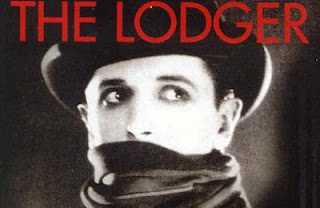Missie, my younger daughter's Cairn terrier, is spending an uneasy ten days with me and - as I write this - I realise where the roots of dissension lie. I am old and so is she. Please note: this is an I-post, not a we-post (ie, one that necessarily includes VR's views)
If I adjust Missie's doggie years to match mine, both of us are staring 80 in the face. Selfishness and routine are essential in cheating Biblical expectation and both she and I rely on these factors every waking moment. Inevitably there are clashes.
 I should also explain I have reached a financial point in life where saving money becomes irrelevant and spending is all that is left. Just recently I was almost party to a decision to spend £75 on a pair of Hotter Energises ("Shoes to fall in love with" says the publicity; see pic) and this project only came to nought when I discovered that Size 11 isn't available in a wider fitting. Who needs more than one pair of shoes, anyway?
I should also explain I have reached a financial point in life where saving money becomes irrelevant and spending is all that is left. Just recently I was almost party to a decision to spend £75 on a pair of Hotter Energises ("Shoes to fall in love with" says the publicity; see pic) and this project only came to nought when I discovered that Size 11 isn't available in a wider fitting. Who needs more than one pair of shoes, anyway?What I was party to was the replacement of a rather gloomy, dark green leather sofa, still in fairly good nick, with a gayer, stripy sofa from Parker Knoll (ie, pricey) on the grounds that it lifts the otherwise pessimistic atmosphere of the living room. An airy-fairy idea which confirms only one thing: when it comes to cash I disburse rather than conserve.
 I am sure you can see where this is leading. The PK sofa is becoming a symbolic Stalingrad in the war of wills between Missie and me. The hell with the living room decor, says she; those stripes would set off my highlighted greys. And while I prefer to play the triumphant role of General Zhukov (All those medals!), leaving Missie as the unfortunate General Von Paulus, I fear the coughing tendency has returned, despite antibiotics, and I am a weakened force. More later, perhaps.
I am sure you can see where this is leading. The PK sofa is becoming a symbolic Stalingrad in the war of wills between Missie and me. The hell with the living room decor, says she; those stripes would set off my highlighted greys. And while I prefer to play the triumphant role of General Zhukov (All those medals!), leaving Missie as the unfortunate General Von Paulus, I fear the coughing tendency has returned, despite antibiotics, and I am a weakened force. More later, perhaps.



























